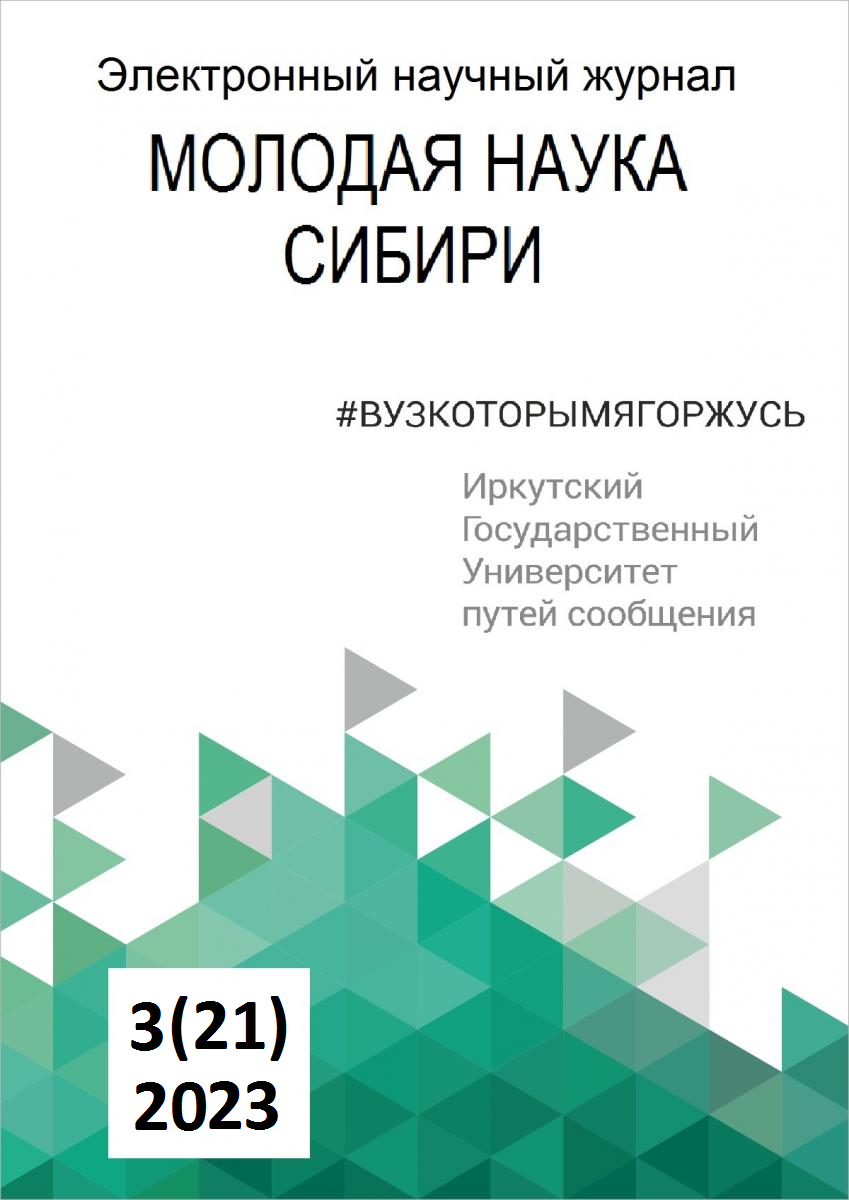ON THE QUESTION OF THE TERMS-INNOVATIONS OF MODERN COMMUNICATION SPACE (USING THE EXAMPLE OF CANCEL CULTURE AND WOKE CULTURE)
Keywords:
criticism, cancel culture, woke culture, term, communicative environmentAbstract
This article was conceived as a publication-dialogue, a process in which the synergy of scientific knowledge and the everyday mode of presentation of the object we are studying is realized. The material is organized in such a way as to impartially and transparently present the contribution of the authors - teacher and student - to the development of the planned publication. The authors believe that such a non-standard format for presenting material is fully consistent with the objectives of the journal, as its name makes clear, as well as contributes to the development of the currently relevant skill of student academic writing. This experience turned out to be valuable for the more experienced co-author, as it allowed him to look with a fresh look at the long-studied problem of criticism in different discourses. In this article we explore innovation terms in the modern communication environment. The origin of these terms and their functioning in the Russian language in the form of the terms “cancel culture” and “woke culture” are shown. The article used the method of analyzing dictionary definitions and the method of contextual analysis. The research material is presented in media texts. Based on the generally accepted opinion in linguistics about the orienting function of a term as a linguistic sign, the authors show that cancel culture and woke-culture are markers of changes occurring in the communicative environment
References
Macquarie Dictionary. Cancel culture. URL: https://www.macquariedictionary.com.au/resources/ (дата обращения 15.10.2023).
Национальный корпус русского языка. 2003—2023. URL: ruscorpora.ru (дата обраще-ния 15.10.2023).
Гвоздев В.А. Влияние Wоке Culturе на современное американское общество // Этнос и общество в контексте межнациональных отношений. Материалы VIII Всероссийской с международным участием научно-практической конференции. Краснодар, 2022. С. 34–39.
Romanov A.B., Markelova T.A. Cancel Culture Phenomenon in Multimedia Journalism // Language and World: Collection of articles based on the student scientific seminars. 2022. С. 344–353.
Semenova O.F. Cancel Culture – the Speech Behavior of Modern Society // Review of Business and Economics Studies. 2023. V. 11. No 1. P.13–18.
Голованова Е.И. Введение в когнитивное терминоведение. М.: ФЛИНТА, 2011. 224 с.
Голованова Е.И. Когнитивные ориентиры в речемыслительной деятельности про-фессионала // Гуманитарно-педагогические исследования. 2020. Т. 4. № 4. С. 50–54.
Merriam-Webster. Stay Woke. URL https://www.merriam-webster.com/wordplay/woke-meaning-origin (дата обращения 15.10.2023).
Collins English Dictionary. Woke culture. URL: https://www.collinsdictionary.com/ (дата обращения 15.10.2023).
Thorne T. Dictionary of Contemporary Slang; 4th edition. London: Black Business Infor-mation and Development. 2014. 512 p.
Remnic D. What Does “Woke” Mean, and How Did the Term Become So Powerful? // The New Yorker. 30.01.2023. URL: https://www.newyorker.com/podcast/political-scene/what-does-woke-mean-and-how-did-the-term-become-so-powerful (дата обращения 15.10.2023).
McAuley J. Europe’s War on Woke. Why Elites across the Atlantic are Freaking out about the Concept of Structural Racism // The Nation. 13.12.2021. URL: https://www.thenation.com/article/world/woke-europe-structural-racism/ (дата обращения 15.10.2023).
Melville J. The Weaponising of 'Woke' // Byline times. 23.01.2020. URL: https://bylinetimes.com/2020/01/23/the-weaponising-of-woke/ (дата обращения 15.10.2023).


